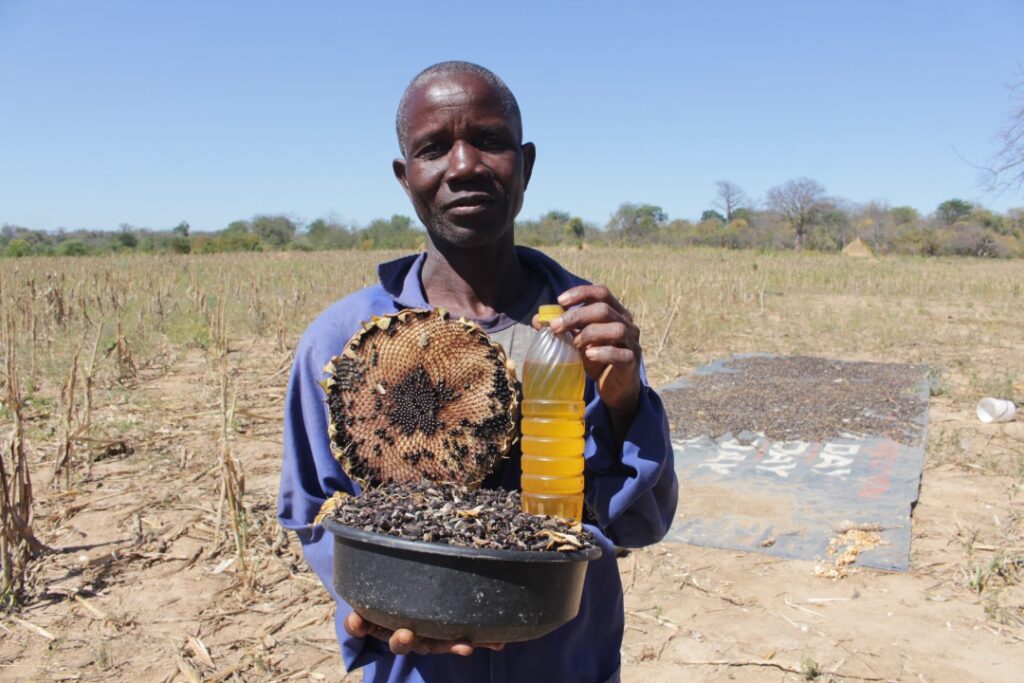Small-Scale Farmers in Zambia: Embracing Value Addition for a Brighter Future
Zambia’s agricultural sector is a cornerstone of its economy, with small-scale farmers forming the backbone of this vital industry. These hardworking individuals cultivate a diverse range of crops, contributing significantly to food security and rural livelihoods. However, the challenges they face in accessing markets and achieving fair prices for their produce are significant. Value addition, the process of transforming raw agricultural products into higher-value goods, presents a promising avenue for small-scale farmers to improve their incomes and enhance their economic resilience.

The Benefits of Value Addition
Value addition offers several advantages to small-scale farmers in Zambia:
- Increased Income: By transforming raw materials into finished products, farmers can command higher prices, boosting their earnings.
- Market Diversification: Value-added products can access broader markets, reducing reliance on a single buyer or commodity.
- Reduced Post-Harvest Losses: Processing and preserving crops can minimize losses that occur during transportation and storage.
- Job Creation: Value addition enterprises generate employment opportunities, both within the farming communities and in related industries.
- Improved Food Security: Processing locally produced food can enhance food security by ensuring a stable supply of nutritious products.
Examples of Value Addition in Zambia
Small-scale farmers in Zambia are actively exploring various value addition opportunities:
- Processing: Maize can be transformed into flour, mealie-meal, and other products. Cassava can be processed into cassava flour, chips, and starch. Fruits and vegetables can be made into jams, jellies, juices, and dried products.
- Packaging: Attractive packaging can enhance the appeal of products and differentiate them in the marketplace.
- Branding: Creating a strong brand identity can help farmers establish a reputation for quality and build customer loyalty.
- Organic Farming and Certification: Producing organic crops and obtaining certifications can access premium markets and command higher prices.
Challenges and Opportunities
Despite the benefits, small-scale farmers in Zambia face several challenges in adopting value addition:
- Lack of Capital: Investments in processing equipment, training, and marketing can be a barrier for many farmers.
- Limited Access to Markets: Finding reliable buyers for value-added products can be difficult, especially in rural areas.
- Inadequate Infrastructure: Poor roads, unreliable electricity, and lack of storage facilities can hinder value addition efforts.
- Technical Skills: Farmers may require training in processing techniques, quality control, and business management.
To address these challenges and promote value addition among small-scale farmers, the following strategies are essential:
- Government Support: Investments in agricultural infrastructure, training programs, and market linkages can create an enabling environment for value addition.
- Financial Inclusion: Access to credit and financial services can help farmers finance value addition initiatives.
- Cooperatives and Associations: Collaboration among farmers can facilitate access to resources, markets, and technical expertise.
- Public-Private Partnerships: Partnerships between government, private sector, and development organizations can leverage resources and expertise to support value addition.
Conclusion
Value addition holds immense potential for small-scale farmers in Zambia to improve their livelihoods, enhance food security, and contribute to the country’s economic development. By addressing the challenges and seizing the opportunities, these hardworking farmers can unlock the full potential of their agricultural produce and build a more prosperous future for themselves and their communities.








